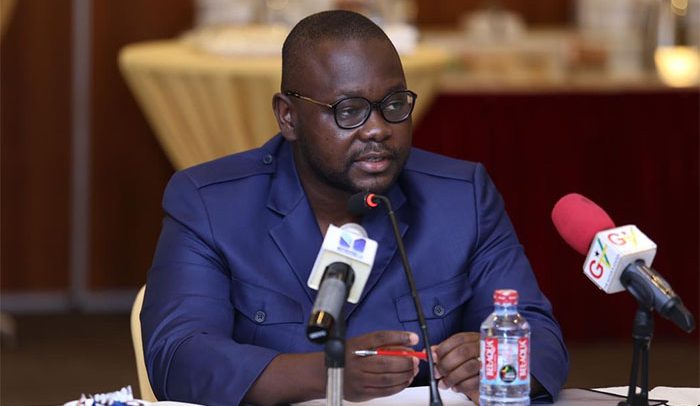Francis Asenso-Boakye
Leaders across the globe have committed to working together to scale up the transformation of informal settlements and slums.
This follows the endorsement of the “Global Action Plan for Transforming Informal Settlements and Slums” framework by world leaders, including ministers and other senior government representatives during a two-day meeting in Pretoria, South Africa.
The high-level meeting sought for participants to engage in discourse to find lasting solutions to the global menace of informal settlements.
Ghana’s Minister for Works and Housing, Francis Asenso-Boakye, presenting the adopted communique said the action plan is a timely and strategic multiple-partnership initiative that would initiate global, regional, national and local transformation programmes.
“We commit to look at eight years of the Decade of Action to build the foundation for transformation and introduce an initial benchmark that is catalytic to meet the needs of 1 billion slum dwellers today and 3 billion in 2050,” he said.
Mr. Asenso-Boakye also listed other pillars like the multi-level participatory governance which would institutionalise multi-level participatory governance integrated frameworks with multi-sector, horizontal and vertical coordination among government spheres, including democratic participation of all groups in planning and decision-making.
“It will also work towards improving methodologies at census level in order to reflect more accurately the reality of informal settlements and households, and disaggregated data. Collect data across all settlements, regardless of tenure status or legal regularisation, through an integrated approach that goes beyond the isolated settlement level,” he added.
The communiqué also noted that a policy design and review enabling legal, regulatory, planning, investments, and institutional frameworks, at local, metropolitan, and national levels will be implemented.
“This should aim at establishing transformation targets with a long-term perspective as well as mid-term benchmarks, to create, mandate and capacitate institutions for implementation,” it states.
Furthermore, comprehensive packages including target incremental provision of affordable, habitable, and accessible housing with available basic services, in thriving locations characterised by availability of education and social facilities, integrated and targeted health care services, and safe and accessible public spaces of high quality, connected through inclusive mobility options and economic opportunities is to be undertaken by governments under the framework.
The leaders also agreed to establish and adequately resource flexible finance mechanisms to respond to the needs of lowest income groups, as well as recognise the bridge and social function through guaranteeing secure tenure and land regularisation, and increasing the supply of well-located land for housing through underutilised and vacant land and buildings.
They also agreed to work towards community resilience and empowerment programmes, strengthening of local level governance ecosystem to ensure community participation and political empowerment, socioeconomic empowerment, capacity enhancement and participation of residents through direct involvement in the design of solutions, and develop and provide operational capacity for multiple partnership frameworks and regional consultations to inform the way forward.
By Jamila Akweley Okertchiri


